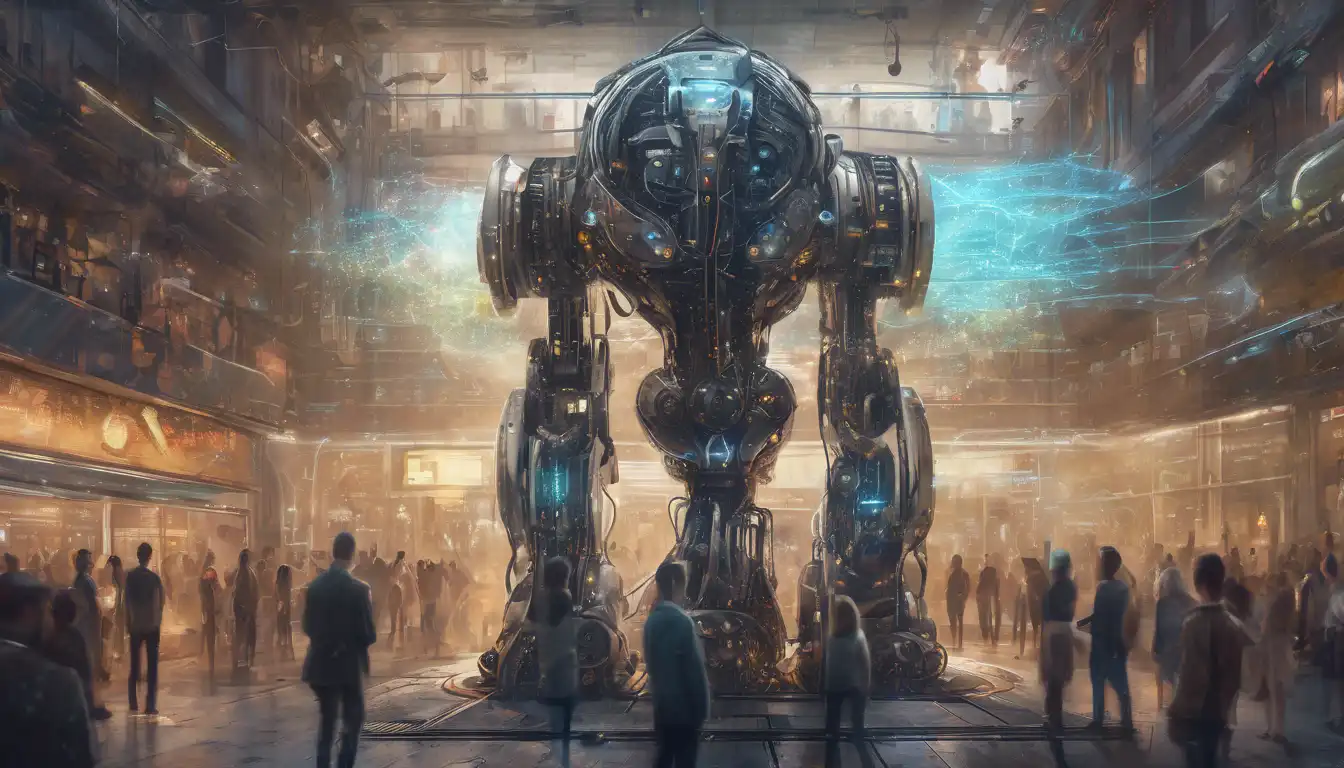How Machine Learning is Revolutionizing Recommendation Systems
In the digital age, personalized recommendations have become a cornerstone of user experience across various platforms. From streaming services like Netflix to e-commerce giants like Amazon, machine learning (ML) is the driving force behind the scenes, powering these sophisticated recommendation systems. This article delves into the mechanisms of how machine learning is transforming the way recommendations are made, ensuring users find exactly what they're looking for, often before they even know they want it.
Understanding Machine Learning in Recommendations
Machine learning, a subset of artificial intelligence (AI), involves the use of algorithms and statistical models to perform tasks without explicit instructions. In the context of recommendation systems, ML algorithms analyze vast amounts of data to identify patterns and preferences. This data can include user behavior, purchase history, and even the time spent viewing certain items. By processing this information, machine learning can predict what products, movies, or content a user is likely to enjoy.
The Types of Machine Learning Used in Recommendations
There are primarily two types of machine learning models used in recommendation systems:
- Collaborative Filtering: This method makes recommendations based on the preferences of similar users. It operates under the assumption that if user A and user B liked similar items in the past, they will likely enjoy similar items in the future.
- Content-Based Filtering: Unlike collaborative filtering, content-based filtering focuses on the attributes of the items themselves. It recommends items similar to those a user has liked in the past, based on features such as genre, keywords, or metadata.
Advanced systems often combine these approaches, along with other techniques like deep learning, to enhance accuracy and personalization.
The Impact of Machine Learning on User Experience
The integration of machine learning into recommendation systems has significantly improved user experience. By providing personalized suggestions, platforms can increase engagement, satisfaction, and loyalty. For businesses, this translates to higher conversion rates and revenue. Moreover, machine learning enables real-time recommendations, adapting to user interactions as they happen, ensuring the suggestions remain relevant and timely.
Challenges and Future Directions
Despite its successes, machine learning in recommendation systems faces challenges such as data privacy concerns and the cold start problem, where the system has insufficient data to make accurate recommendations for new users or items. Future advancements may focus on addressing these issues, possibly through federated learning or improved algorithms that require less data.
As machine learning technology continues to evolve, its role in powering recommendations will only grow, offering even more personalized and intuitive user experiences. The potential for innovation is vast, with implications not just for entertainment and retail, but for any sector where personalized content can enhance user engagement.
For more insights into how machine learning is shaping the future of technology, stay tuned to our blog.
